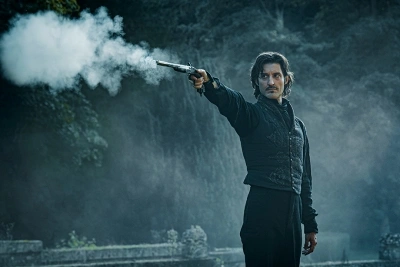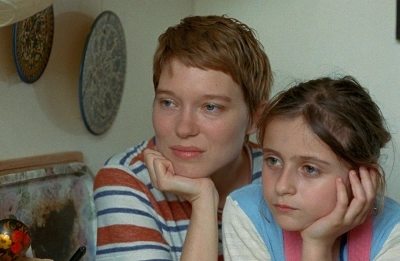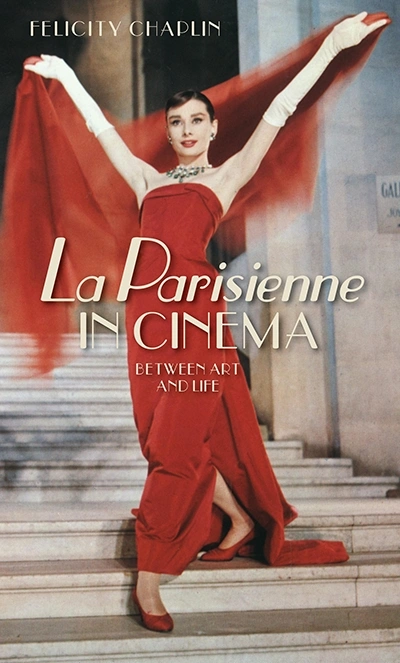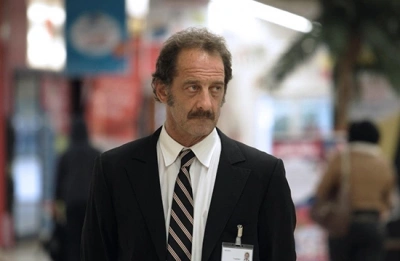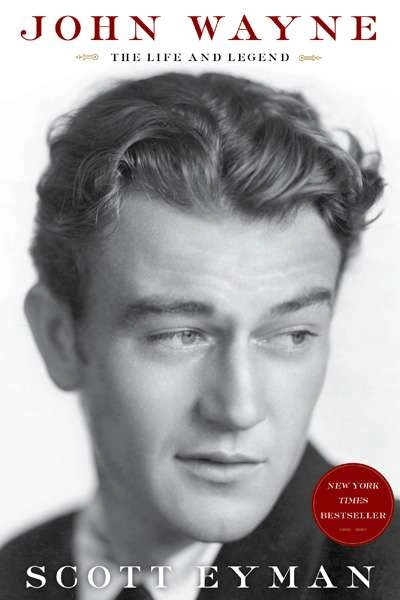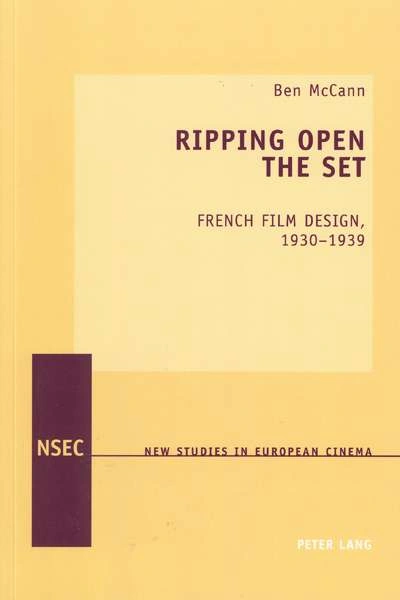Philippa Hawker
Umberto Eco said of Alexandre Dumas’s novel The Count of Monte Cristo (1846) that ‘it is one of the most exciting novels ever written and on the other hand, it is one of the most badly written novels of all time and in any literature’. It was the unnecessary length and the repetitions that appalled him most. Yet when he tried to produce a more elegant, distilled translation, he gave up: he began to wonder if the repetitions and redundancies were a necessary part of its structure.
... (read more)Ridley Scott’s Napoleon Bonaparte is petulant, over-confident. He likes to make animal noises and is often ill at ease. He is deeply infatuated with his wife. He can fall asleep at crucial moments. His ambitions are boundless, his limitations often comical. He’s very into cannons. He combines the extraordinary and the extremely ordinary in disconcerting ways.
... (read more)In French filmmaker Mia Hansen-Løve’s One Fine Morning (Un beau matin), books play a significant role: as physical objects, gifts, talismans, sources of connection, works in progress. Above all, books can represent a life.
... (read more)We invited some writers, film critics, and film professionals to nominate their favourite film – not The Greatest Film Ever Sold, but one that matters to them personally.
... (read more)'La Parisienne' in Cinema: Between art and life by Felicity Chaplin
To highlight Australian Book Review’s arts coverage and to celebrate some of the year’s memorable concerts, operas, films, ballets, plays, and art exhibitions, we invited a group of critics and arts professionals to nominate some favourites.
... (read more)Movie Journal: The rise of new American cinema 1959–1971 by Jonas Mekas
French writer-director Stéphane Brizé's The Measure of a Man (La loi du marché), looks at first to be a character study with a quasi-documentary feel, then takes a disconcerting turn. At its centre is Vincent Lindon (Welcome [2009], Mademoiselle Chambon [2009]), a robust, often demonstrative actor ...
... (read more)

